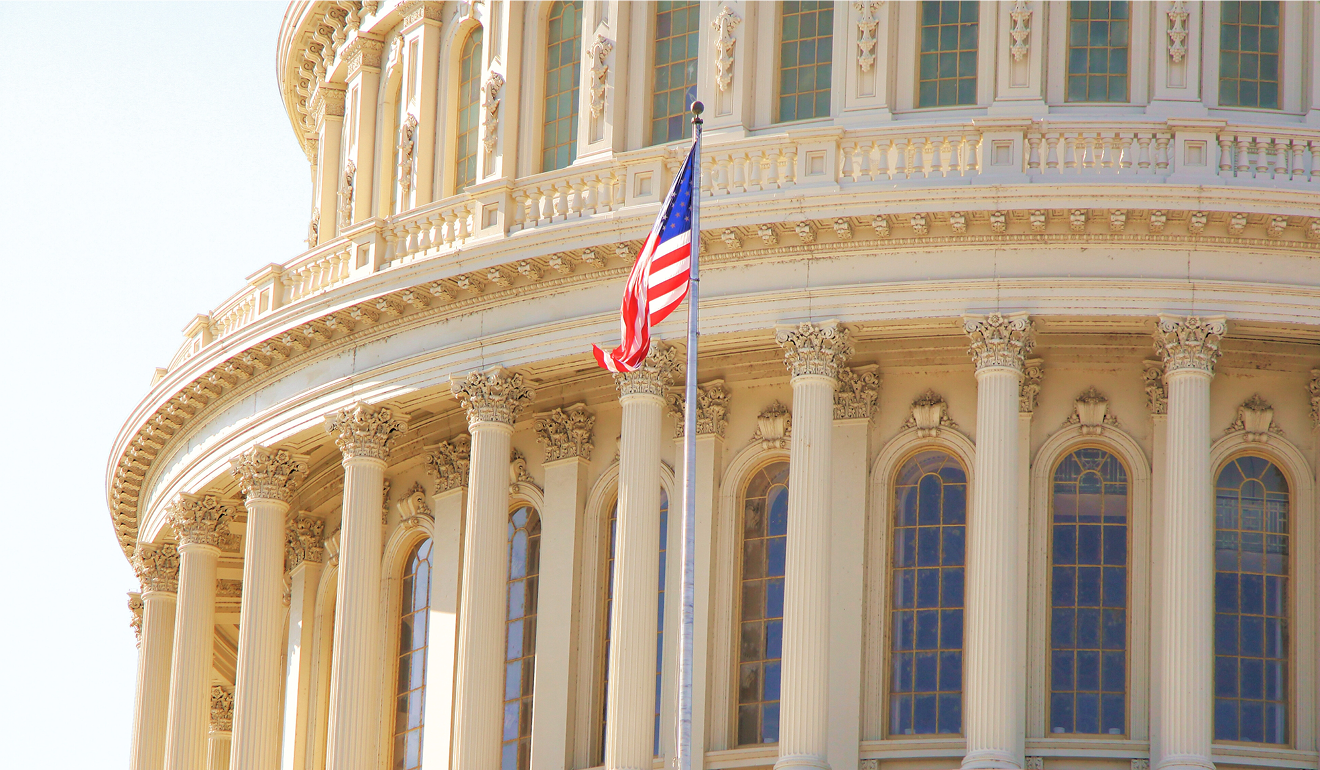HLC has a long history of effectively working with the federal and state governments and we will continue to work with the Triad to address the challenges facing higher education in support of our mission.
President-elect Trump has put forward Linda McMahon as his nominee for U.S. Secretary of Education. McMahon, a business executive, has experience in federal government and education. She will need to be confirmed by the Senate.
When Congress convenes in early January, the Senate Health, Education, Labor, and Pensions (HELP) Committee will be chaired by Senator Bill Cassidy (R-Louisiana) with Senator Bernie Sanders (I-Vermont), now chair, likely serving as the ranking member. Cassidy is the sponsor of the College Transparency Act, which would establish a national postsecondary student data system, and has been of interest to, and supported by, the higher education community.
In the House, the Education and Workforce Committee chair has not been elected but likely will either be Representative Burgess Owens (R-Utah) or Tim Walberg (R-Michigan) with Representative Bobby Scott (D-Virginia) likely to retain his ranking member status. Owens has put forward legislation specifically about accreditation (see Accreditation Legislation below) and Walberg has an interest in workforce-related policies.
On or shortly after Trump’s inauguration on January 20, there is a consensus that there will be many executive orders signed by the President, including those relating to accreditation. HLC will continue to monitor executive orders, regulations, and legislation related to accreditation and higher education.
U.S. Department of Education
Third-Party Servicers
The Department has rescinded its Dear Colleague Letter (DCL) (GEN-23-03) Requirements and Responsibilities for Third-Party Servicers and Institutions (Updated May 16, 2023), which would have expanded the definition of which entities are considered third-party servicers for the purposes of administering the Title IV program.
Prison Education Programs (PEP)
The Department updated its DCL (GEN-23-05) Eligibility of Confined or Incarcerated Individuals to Receive Pell Grants (Updated Sept. 30, 2024) to state that the Prison Education Program (PEP) application has been fully integrated into the Electronic Application to Participate in the Federal Student Financial Aid Programs. Additionally, the Department issued (GENERAL-24-118) Revised Instructions for Applying for Prison Education Programs with updated general guidance to schools interested in applying to operate an eligible PEP.
Congress
FAFSA Legislation
HLC signed onto the American Council on Education (ACE) letter offering support for H.R. 8932, the FAFSA Deadline Act, that would move up the statutory date for the annual release of the Free Application for Federal Student Aid (FAFSA) from Jan. 1 to Oct. 1 each year. This would help to ensure that students and their families have sufficient time to complete the FAFSA. The legislation passed the House in November and will be considered by the Senate.
Accreditation Legislation
The U.S. House of Representatives passed the End Woke Higher Education Act (H.R. 3724) formerly the Accreditation for College Excellence Act, which was introduced by Rep. Burgess Owens (R-UT) in 2023, in a largely partisan vote of 213-201 with 17 nonvoting members. The bill would require accreditors to confirm that their standards do not require an institution to support or oppose specific beliefs on issues for the purposes of Title IV funding; would allow for colleges with a religious mission to require adherence to religious practices or codes of conduct; and would limit the criteria that the U.S. Secretary of Education may establish for accreditors to only those criteria required under the Higher Education Act. The bill has been referred to the Senate Health, Education, Labor, and Pensions (HELP) Committee for consideration.
Budget and Appropriations
The continuing resolution Congress passed to fund the government expires December 20. Congress will have to consider appropriations or a new continuing resolution by December 20 to keep the government from shutting down.
States
Annual State Partners Meeting Hosted by HLC
HLC’s State Partners – representatives from state higher education agencies, system offices, and national and regional associations and organizations – met earlier this month to discuss higher education policy and practice. Topics included reduced credit bachelor’s degrees, trends, systems, transfer of credit, generative artificial intelligence, credentials, pell-eligible prison education programs, actions by other accreditors and agencies, among others. The annual HLC State Partners meeting is focused on building greater advocacy, communication, and collaboration with the states and territories.
Questions?
Contact [email protected].
Keep Reading
Latest Issue:
-
BGD Says
-
Coming Soon: Assurance Filings in Canopy
-
Institutional Update Opens March 3
-
HLC By the Numbers: Institutions and the Criteria
-
Higher Learning 2025: See the Full Schedule
-
New Tribal Law Program Engages Navajo Nation
-
Advocacy and Higher Education Policy Update
-
10 Questions for Academy Mentor Kim Roufs
-
Civic Engagement Momentum Building at HLC Institutions
-
Promoting Educational Alignment to Workforce Needs

